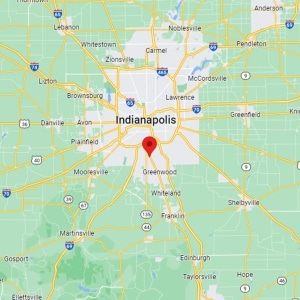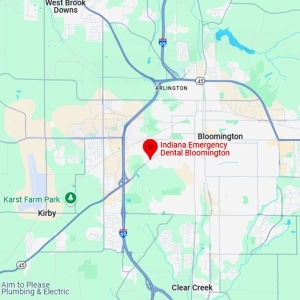The Silent Threat: Why a Horizontal Impaction Needs Attention
If you experience the occasional jaw pain or a constant dull ache, it is easy to dismiss it as something that will pass. However, it may be the subtle sign of a more serious but often ignored issue—horizontal impaction. Left unaddressed, this can have a significant impact on your oral health. We see a lot of horizontal impactions in Indianapolis, IN, at Indiana Emergency Dental.
What Is a Horizontal Impaction?
A horizontal impaction means the tooth sits parallel to the gumline. It may be stuck in the jawbone or sitting in its normal position in the soft tissue, just turned sideways. Technically, this can happen to any adult tooth, but it is most common in wisdom teeth, which are the last to erupt.
What Causes a Horizontal Impaction?
Many factors can contribute to horizontal tooth impaction. There may not be enough space in the mouth, causing a misalignment of the other teeth. This misalignment can push the wisdom tooth enough that it sits at an angle in the jawbone.
It may also be a genetic issue. Horizontal impactions tend to run in families. Another possibility is jaw size. A smaller jaw may not have enough space for the molars.
What Are the Symptoms of a Horizontal Impaction?
Horizontal impactions are sometimes called a silent threat because they can exist without you knowing they are there. There may be no symptoms. Still, they can cause significant problems left untreated, such as:
- Damage to nearby teeth
- Infection
- Cyst formation
Regularly seeing your dentist in Indianapolis, IN, is your best hope for early intervention. The dentist will monitor the adult teeth with advanced imaging technology like 3D X-rays to ensure they grow properly, especially between the ages of 17 and 25. That is when the wisdom teeth make their appearance. Early detection of a horizontal impaction can prevent serious complications later and protect the health of all your teeth.









